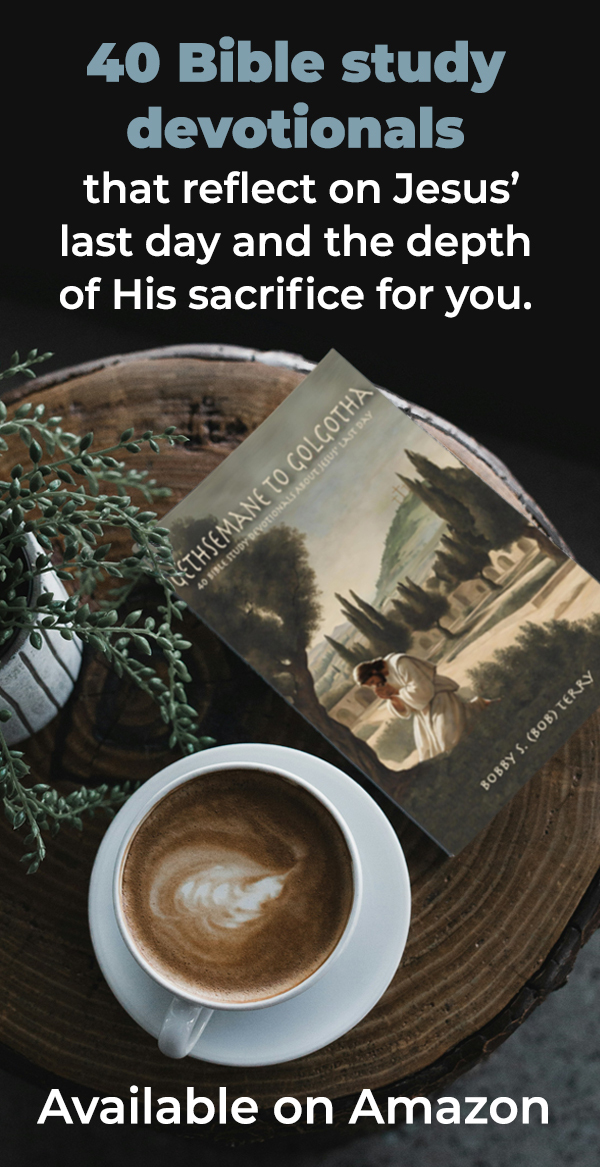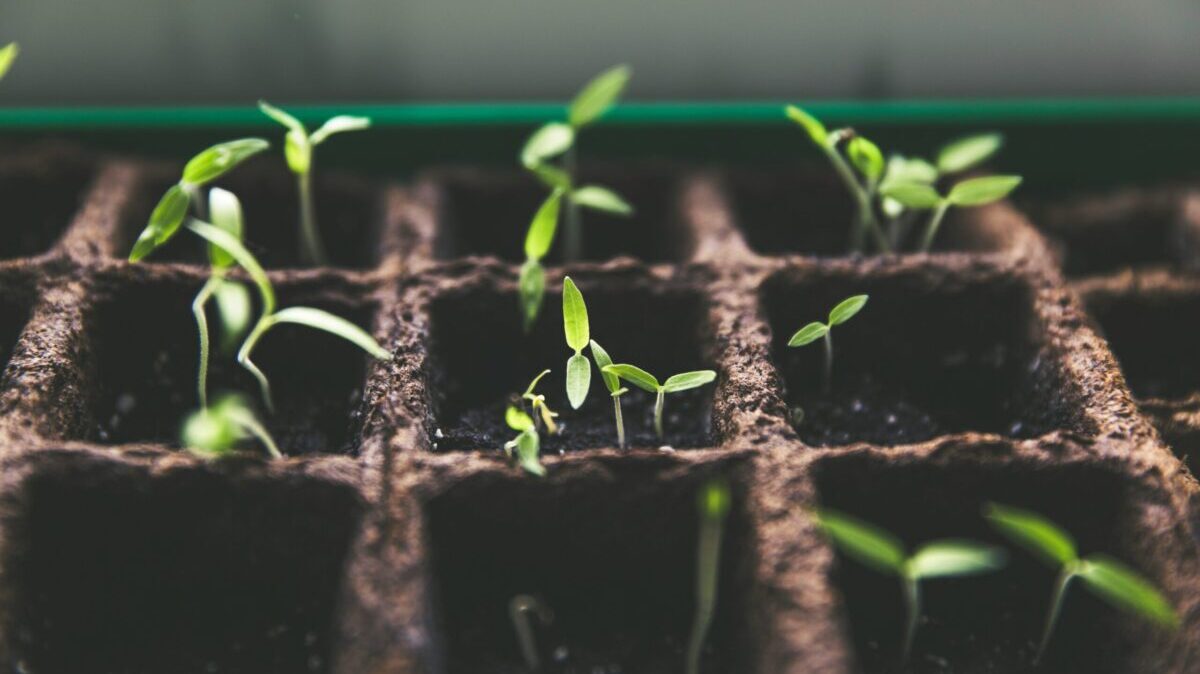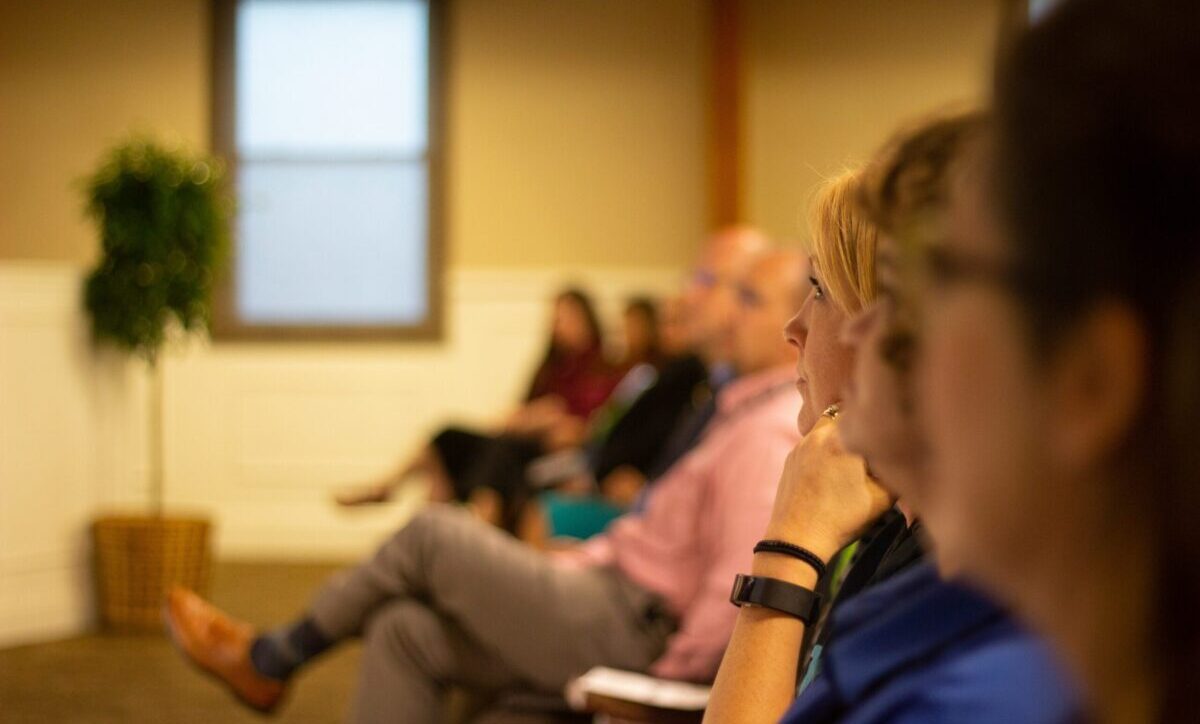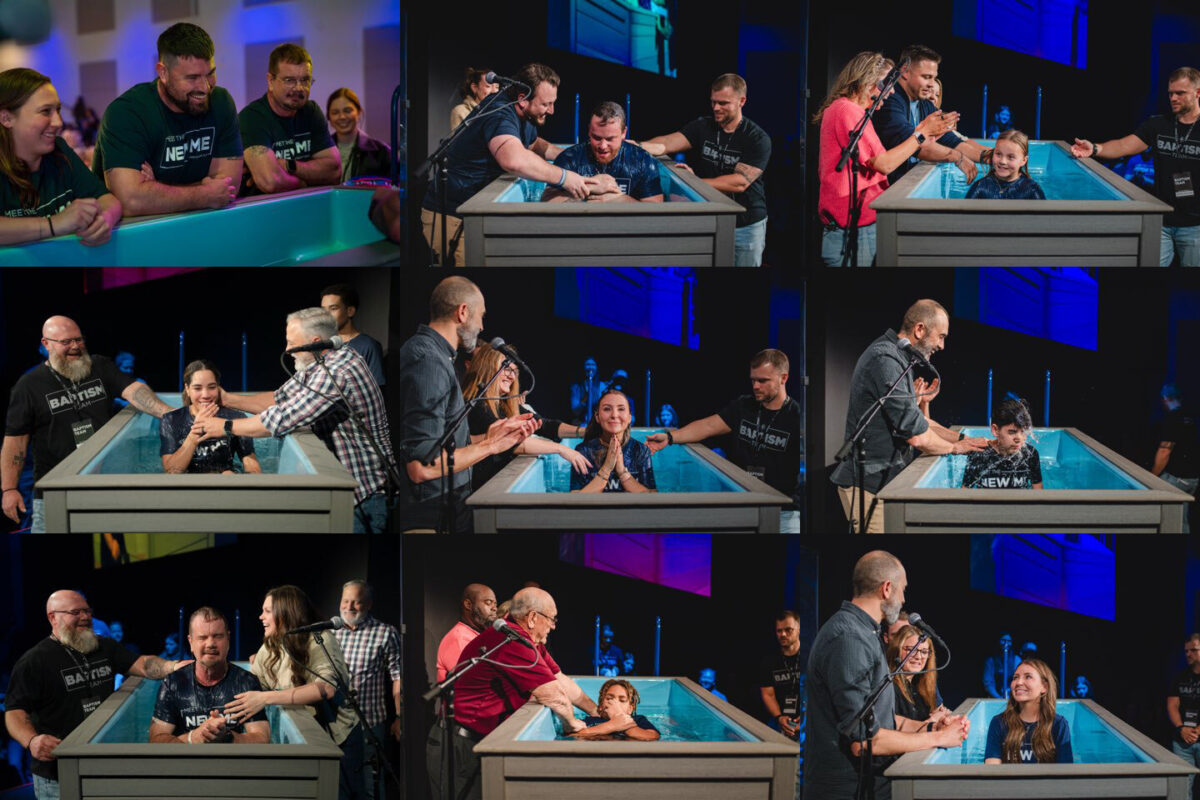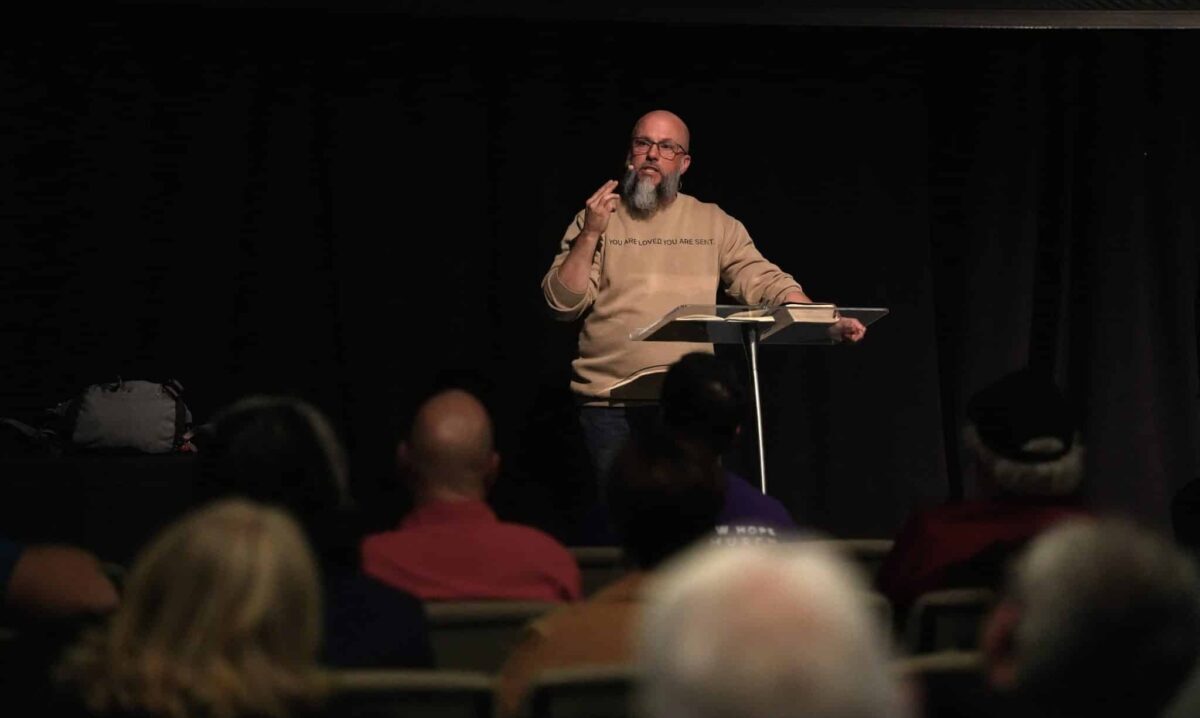Since Truett McKeehan, an aspiring rapper, died at age 21 in 2019 after an accidental drug overdose, his father, the Grammy-winning Christian artist TobyMac (also known as Toby McKeehan), has not produced much original music, releasing a few “lost” demos and a concert recording that included “21 Years,” a song mourning the loss of Truett.
Reflecting the trajectory the songwriter has traveled in the almost three years since the death of his oldest son, a new album was released in August. The album is a collaboration with Truett’s sister, Marlee, Sheryl Crow and TobyMac’s former bandmates from DC Talk, the Christian rap trio formed at Liberty University that launched TobyMac’s career.
“Life After Death” is filled with songs of lament and sadness, as well as a mourning father’s declaration about the goodness of God.
‘God is good’
“God has been kind enough to show me that there is life after death,” TobyMac told an intimate gathering of dozens of fans, staff and donors at WGTS, a Christian music radio station in Rockville, Maryland, on the night before the album’s release. “It’s hard to even say because I almost at times don’t want life. I think I’m cheating somehow on my son. But somehow or another I’ve learned that God is good.”
TobyMac, 57, who calls himself primarily a songwriter and a follower of “my King Jesus,” spoke to Religion News Service on writing about his grief, belief and other topics:
Q: You have said you never thought you would be able to write another upbeat song after losing Truett, but the new album has more than one. How did you get to that point?
A: It was a long process. I came out of Truett’s passing and wanted to write a tribute to him so I wrote “21 Years,” a really hard and sad song. But I wanted to honor him, so I pushed through. And I didn’t write for a while. I laid it down, just too broken up.
And I thought, “My daughter always sits at the piano and plays. Maybe I’ll ask her to write a song and then try singing something together.” It ended up with a song called “Everything About You.”
I thought … it would help both of us put words to our grief. Marlee’s never recorded anything or never really written a song with me. So it was nice to do that together, and it was good for us.
And then after three, four really hard sad songs I said I’ll never write … another joyful song. And then I read a Scripture in Isaiah — and it actually mentions this in the Psalms too — where it says that God is rolling up His sleeves, and I just couldn’t get that imagery out of my mind. So I started writing this song “Help Is on the Way,” which was up-tempo, but not joyful.
Q: Years ago, you worked with Michael Tait and Kevin Max in DC Talk, and now with Sheryl Crow and your own family on this album. How have your feelings about collaboration shifted?
A: I’ve always loved collaboration. My first career — I’ve had two — the first mountain I climbed with DC Talk. We did it together, three college roommates, locking arms and climbing a mountain together. I always like to have three voices trading off on songs.
It was part of this vocal arsenal, and it makes you listen differently when a new voice comes in. I set out on this record to really collaborate … maybe subconsciously knowing I needed some of my friends to help me get through this record.
Q: Is collaborating with Michael Tait and Kevin Max likely to happen again, as DC Talk?
A: We’ve never, ever said it won’t happen. The thought of it happening would be exciting to me.
The song that we sing (on the new album) is called “Space” … about the space that comes between us in life. You are locked arm in arm, and then you look up and you don’t even mean to, but you have a family, they have a family; you have a career, they have a career. And this space has inevitably gotten between you. Many times life takes over and … what you thought was going to be an “Intermission” (DC Talk’s last record), ended up to be … this is where we are in life now.
Q: Now that you’ve resumed writing and recording, are there more songs coming?
A: I don’t have any more right now. Usually, I take a little break after I finish a record. But I sang something into my voice memo yesterday that I think will end up a song. That’s how I do it: I live life, meet people, get inspired, live through some pain, sweat a little, get hurt or get lifted up, watch humanity and write songs.
EDITOR’S NOTE — This story was written by Adelle M. Banks and originally published by Religion News Service.






